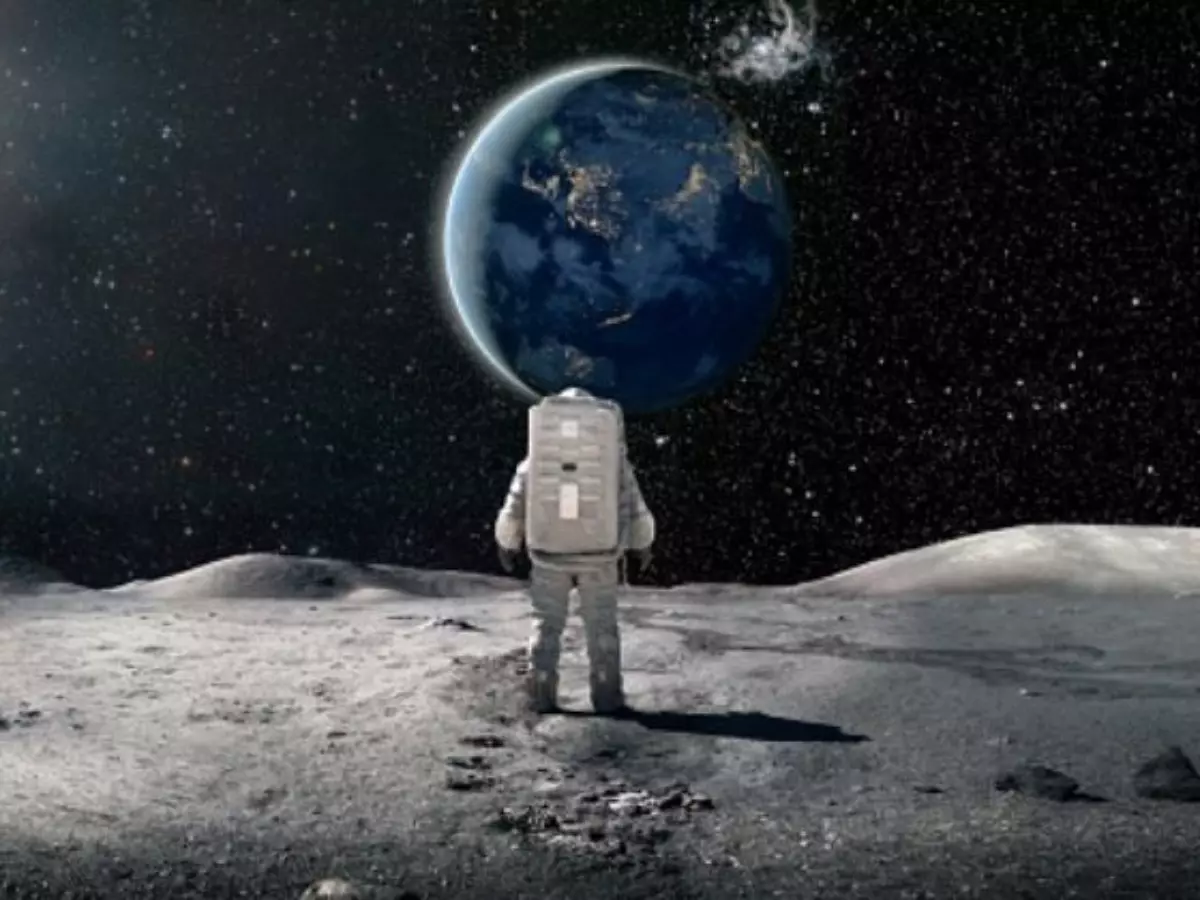NASA Finally Opening Moon Sample That Was Vacuum Sealed 50 Years Ago
The astronauts picked up two tubes 14 inches long with ingredients of the lunar surface. These astronauts Eugene Cernan and Harrison "Jack" Schmitt vacuum-sealed one of the tubes, while the other was put in an unsealed container

NASA is now opening a vacuum-sealed sample taken from the Moon 50 years ago! Yep, the samples taken by astronauts on one of NASA's Apollo missions are being opened now.
The astronauts picked up two tubes 14 inches long with ingredients of the lunar surface. These astronauts Eugene Cernan and Harrison "Jack" Schmitt vacuum-sealed one of the tubes, while the other was put in an unsealed container.
 iStock
iStock
Opening a tube from 50 years ago
Both were carried back to Earth. Now, scientists at NASA's Johnson Space Center in Houston are about to open the first tube that has remained sealed since 1972's Apollo 17 mission.
Why did they wait for so long, you wonder? Quite simply - they know that humanity would have made great strides in half a century and they wanted to capitalise on that potential.
 iStock
iStock
"The agency knew science and technology would evolve and allow scientists to study the material in new ways to address new questions in the future," NASA's Lori Glaze, director of the Planetary Science Division was quoted by NPR as saying.
The other unsealed tube was opened in 2019, exposing layers of lunar soil that remained preserved for so long. The vacuum-sealed sample is peculiarly important, for it'll contain something on top of rocks and soil - gas. It could contain substances like volatiles that evaporate at normal temperatures like water ice and carbon dioxide.
Also read: US Wants To Send A Satellite To Patrol The Space Around Moon
The prevalence of these gases in the samples is expected to be very low, so scientists are using a special device called a manifold designed by a team at Washington University in St. Louis to collect the gas.
 Scientists work on gas extraction from an Apollo 17 lunar sample last month at NASA's Johnson Space Center in Houston. //
Robert Markowitz/NASA-Johnson Space Center
Scientists work on gas extraction from an Apollo 17 lunar sample last month at NASA's Johnson Space Center in Houston. //
Robert Markowitz/NASA-Johnson Space Center
A different tool developed by the European Space Agency (ESA) called the "Apollo can opener" was designed to capture gases as they escape.
"The agency knew science and technology would evolve and allow scientists to study the material in new ways to address new questions in the future," NASA's Lori Glaze, director of the Planetary Science Division said.
Also read: Your Name Can Fly To The Moon On NASA's Artemis-I Mission: Here¡¯s How
What do you think about opening samples from 50 years ago? Let us know in the comments below. For more in the world of technology and science, keep reading Indiatimes.com.
References
NPR (2022). NASA is just now opening a vacuum-sealed sample it took from the moon 50 years ago.
